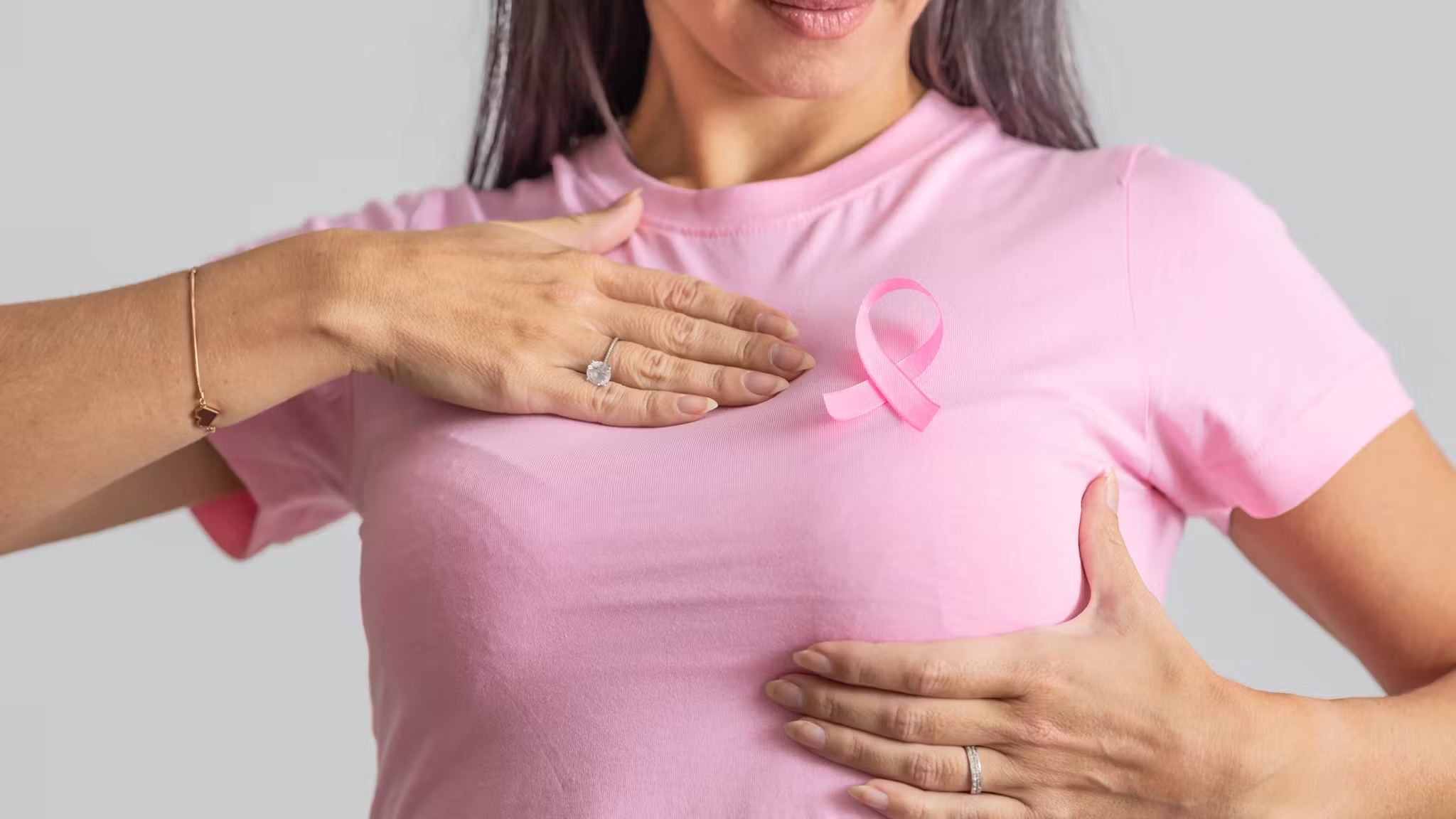A new large-scale study tested how artificial intelligence (AI) could improve the detection of breast cancer, and the results showed a notable increase in the percentage of cancers detected.
The study from the University of Lübeck in Germany involved 463,094 women between the ages of 50-69 who were tested for breast cancer between July 2021 and February 2023. The scans were independently examined by two radiologists, but for 260,739 of the women, one of the radiologists used AI for help.
“Radiologists in the AI-supported screening group achieved a breast cancer detection rate of 6.7 per 1,000, which was 17.6% higher than and statistically superior to the rate achieved in the control group,” the study stated. “The AI system used was Vara MG (from the German company Vara), a CE-certified medical device designed to display mammograms (viewer software) and preclassify screening examinations to assist radiologists in their reporting routine.”
JOIN THE MOVEMENT IN ’25 WITH 25% OFF DAILYWIRE+ ANNUAL MEMBERSHIPS WITH CODE DW25
“We could improve the detection rate without increasing the harm for the women taking part in breast cancer screening,” co-author Professor Alexander Katalinic said. “In our study, we had a higher detection rate without having a higher rate of false positives. This is a better result, with the same harm.”
The study pointed out that using AI could significantly reduce the workload for radiologists, stating, “Furthermore, the programs generate substantial volumes of mammograms, which, in many programs (including the German mammography screening program), require interpretation by two independent radiologists; a consensus conference or arbitration may also be necessary to achieve high sensitivity and specificity. Thus, the radiologists’ work involves the repetitive task of interpreting hundreds of images per week, most of which have no signs of breast cancer. This approach heavily relies on human expertise, yet screening programs are experiencing a lack of radiologists. … Integrating artificial intelligence (AI) into breast cancer screening workflows could alleviate some of the problems that screening programs face.”
“Here in the UK, there is specific interest in whether use of AI plus a single radiologist can safely replace reading by two radiologists. The sooner this is researched definitively the better,” Stephen Duffy, emeritus professor of cancer screening at Queen Mary University of London, noted.


